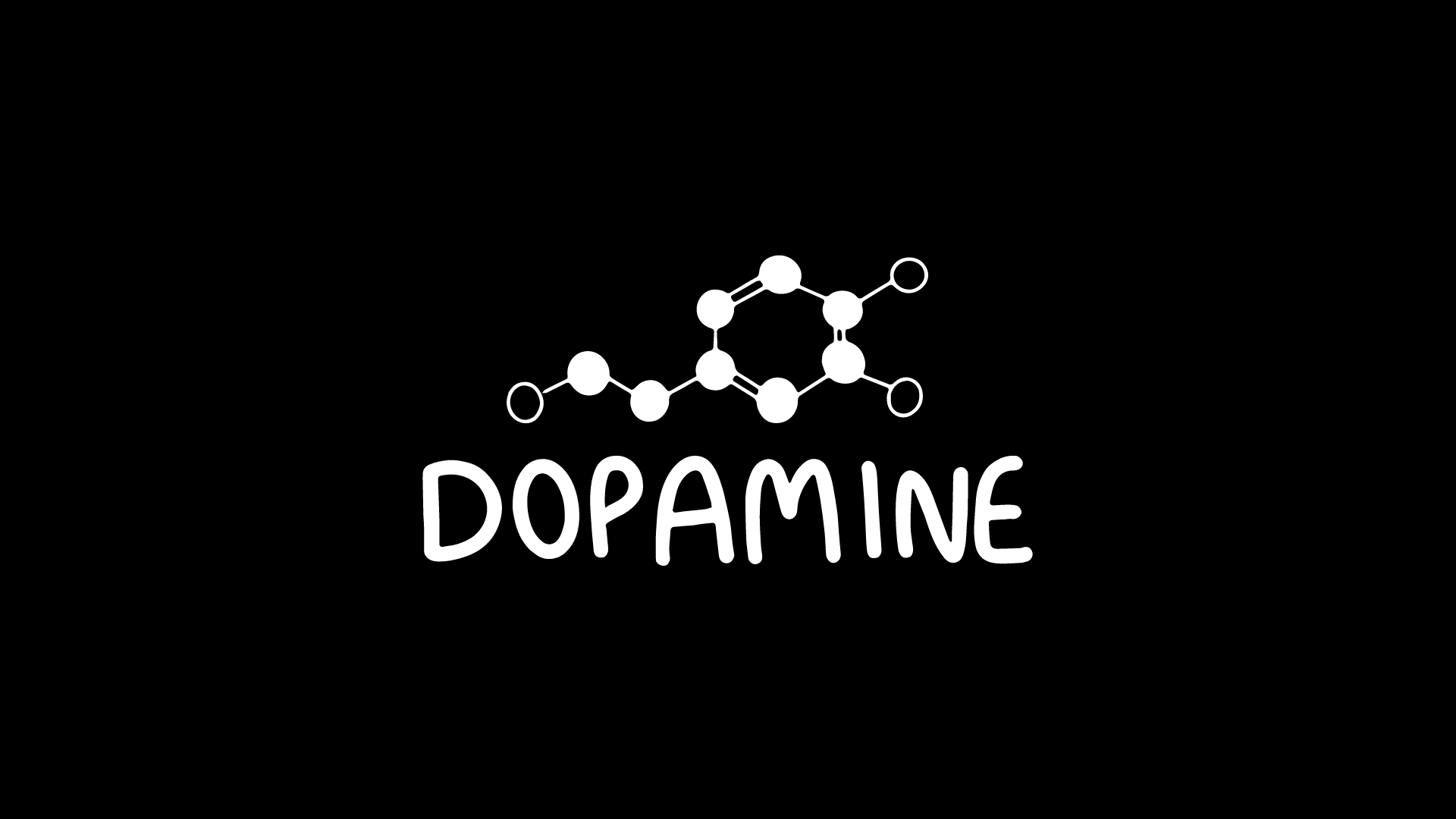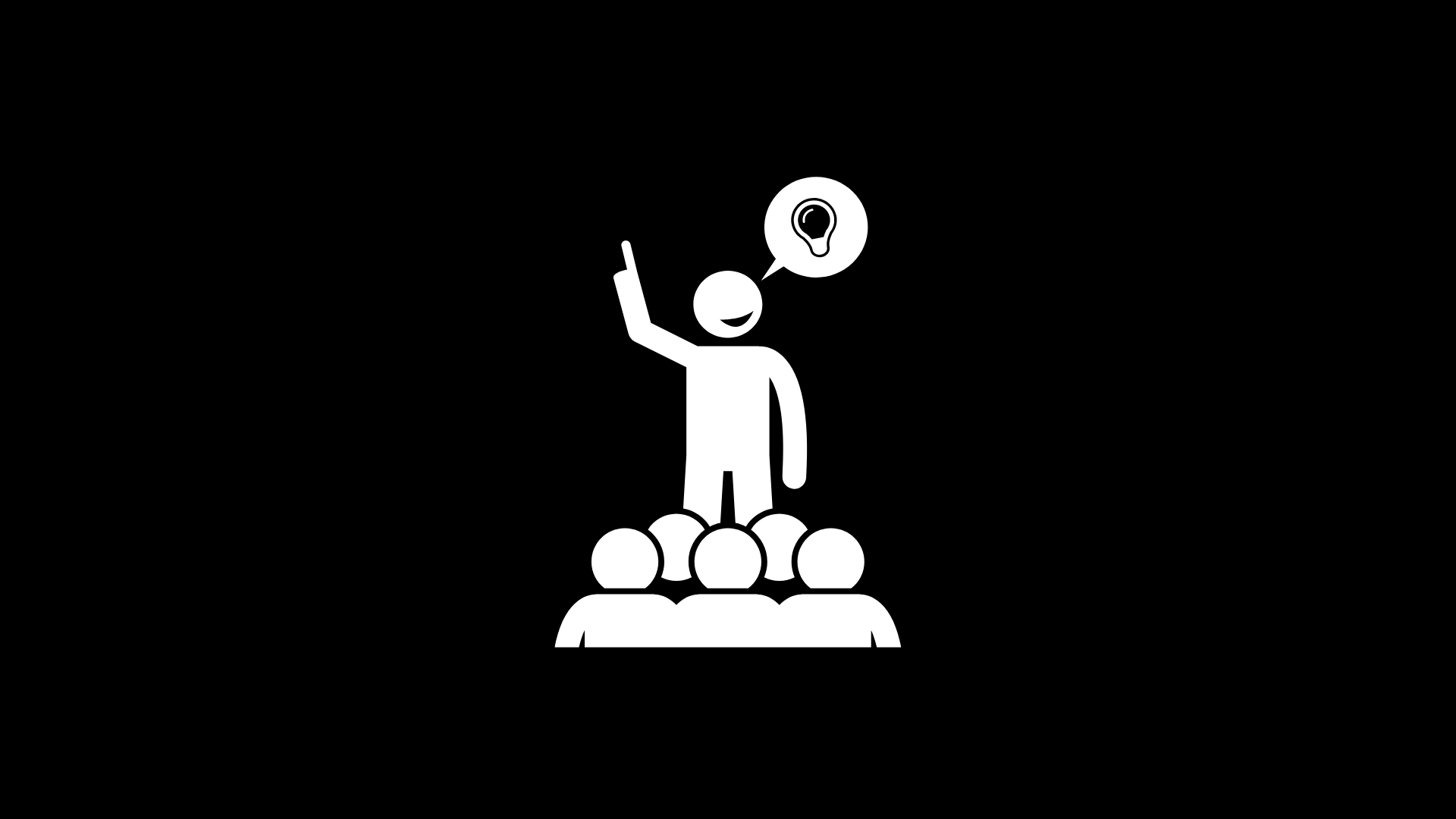Storytelling is the greatest superpower in the world.
Plato once said, “Those who tell stories rule society.”
The right story builds trust and breaks down resistance. A good story hooks people and makes them listen.
There is a difference between stories and advice.
Stories have a unique power:
- They spark our imagination.
- Make us believe in something deeper.
- They transport us to different worlds.
- Stories evoke emotions.
- Connect us with characters and experiences.
In contrast, advice often feels like just words we hear and may or may not follow.
Stories engage our minds and hearts in a way that advice alone can’t, impacting how we perceive the world and ourselves.
Imagine if I told you that going to India is dangerous. You just say, Yeah, meh, ok.
But if I tell you, last week, my friend and his wife went to India, They were camping in a city on the east coast. At night, around 11 pm, eight guys came to them, they beat him and raped his wife.
Then you start to pay attention; you consider now going to India or not.
This is the power of stories; stories make us relatable and activate our imaginations.
By the way, that story about a guy and his wife in India, is a true story, broke on the internet this week.
Storytelling is awesome because it is the oldest human tradition. There are new stories told every day.
We are hard-wired to love stories.
Stories activate our limbic system, the part of the brain responsible for emotions and decision-making.
Why are we hard-wired to respond emotionally to stories?
Because stories teach important lessons, both moral and practical, they provide an evolutionary advantage.
- Stories get attention.
- They’re interesting.
- They evoke emotions.
Stories and Copywriting
Copywriters who understand persuasion also know two more things about stories:
- Stories create empathy.
- Stories remove resistance.
Most parents tell their kids, Do this or don’t do that. And guess what?
They are not listening, instead, if they tell a story kids can relate to, then they start believing and listening.
Example: Son, brush your teeth every night. nothing
Instead say: Do you know your friend, Brian?
His dad told me that after two nights he didn’t brush his teeth, he had so much pain, and he couldn’t sleep at night.
They had to take him to the dentist the next day, and they removed his teeth.
I know a lot of strong words and persuasion have been used in that story.
But you get the point.
Stories are a tool to remove resistance or objections; greater copywriters know this.
In stories, people can relate to you without being called out.
Good stories are like smooth sailing, entertaining without creating danger signs in the heads of your prospects.
Marketers leverage storytelling to achieve multiple objectives in their efforts to connect with customers and drive sales:
- Removing Objections
- Delivering Messages
- Building Connection
- Driving Purchase Intent
Storytelling is art
In a story, people are after “how” and “what,” which both create curiosity.
What happened? How has it happened?
The story needs to have a flow. A story needs progress; one logical step leads to the next.
This is what hooks people and keeps them in the story.
Think about those addictive Netflix series. We just can’t wait for the next episode. It’s all about hooking people in and keeping them glued to the story.
Everyone wants to know what’s next? and How?
In progressing and bridging stories, teasing is important.
Just as with good sex, a great story thrives on emotional ups and downs. Rushing to the ending or a quick climax doesn’t do good for the journey and depth of experience that make a story truly great.
Storytelling is so important.
Not every part of your story has to sell something. Sometimes your readers just want to know more about you or your business without being pressured into some kind of next step.
The best businesses don’t sell products or services. They tell stories that transform their audience.
Sometimes the goal of a story is a change in behavior or motivation. Not necessarily asking them to take their wallet out and buy from you.
7 structures of the story
There might be more than seven types of structure for stories, but these are what I have researched so far.
Structure #1: “Overcoming the Monster.”
good vs. evil.
The hero needs great courage to win. The stakes are high. The monster is a massive threat.
Why it works: Emotional triggers are what control us.
‘Us vs. them’ is one of the most powerful.
Structure #2: “Rags to Riches”
This is the classic American dream.
You start at the bottom, overcome challenges and self-doubt, and finish at the top.
Why it works: We love the stories we want for ourselves. And
This format uses the deepest of emotions: hope.
Structure #3: “The Quest The hero’s journey”
The most powerful form of story.
A hero wants something but must overcome a villain to achieve it.
They’re transformed in the process.
Why it works: We can relate to the hero’s self-doubt and find inspiration in the outcome.
Structure #4: “Voyage and Return”
Similar to structure #3 with a twist. The hero returns.
Why it works: Philosophically, we love it when people return to their roots.
It closes a story loop and triggers consistency bias.
Structure #5: “Rebirth”
Not every story is straightforward. Sometimes, the hero is an unlikely protagonist on the bad side.
But then, through conflict, they find the good.
Why it works: It’s human nature to have a dark side. We relate to their internal conflict.
Structure #6: “Tragedy”
Not all stories end well. But these stories still need to be told. Why?
Because the best lessons come from the worst of times.
Why it works: Tragedy is a pattern interrupting the usual happy life. It reminds us to make the most of life and be our best.
Structure #7: “Comedy”
Humor will always have a special place in our hearts.
Humor in storytelling works because it gives people a break from their worries. When we laugh, we feel good, and our defenses come down. This opens us up to new ideas and messages we might have ignored before.
Humor acts as a secret weapon, sneaking important messages into our minds when we least expect them.
It’s like a friend making you laugh before giving you some wise advice.
You’re more likely to listen because you’re in a good mood.
These are things I learned about storytelling recently.
In future articles, I will dive into how to tell a good story, plus ways to sharpen your story.
Stay tuned.










